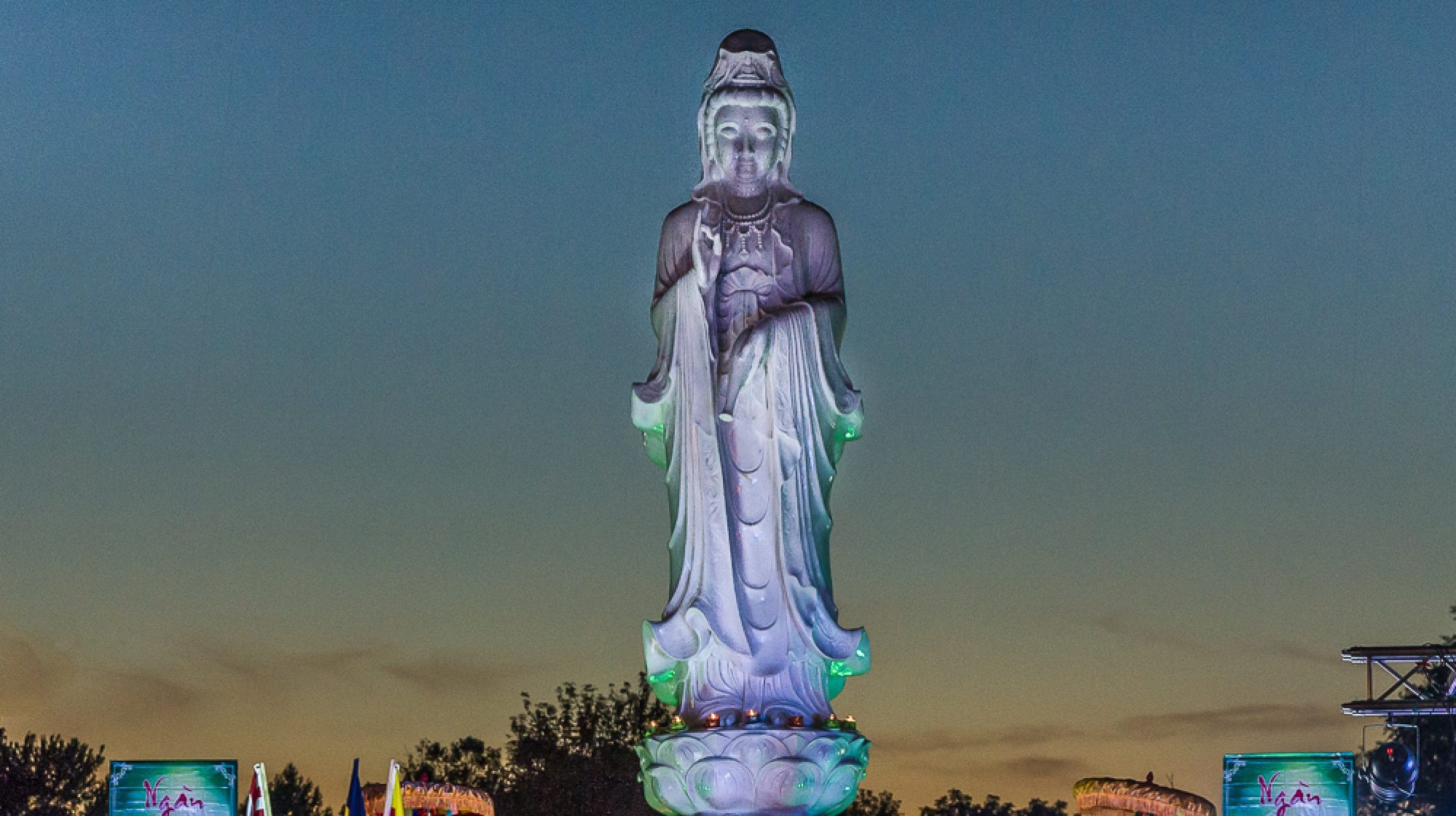
CONTACT
Address: 6206 Douglas Ave, Des Moines
Imam: Imam Nijaz ef. Valjevcic
Email: iecezan@outlook.com
Facebook: https://www.facebook.com/ICEzanDSM/photos/?_rdr
HOURS
Daily prayers usually for male members come at dawn, noon, afternoon, sunset, and night
community service: Friday 1:30 pm
ETIQUETTE
To respect Bosnian customs and Muslim traditions, women should cover their heads/hair, arms (to wrists), and legs (to ankles)
STUDENT TESTIMONIAL (Reys Aden)
The Ezan Islamic and Educational Center in Des Moines has its roots intertwined with the tragic history of the Bosnian war and the Srebrenica genocide of July 1995. Many of the members of this community were directly impacted by these events, having lost family members, and loved ones. The community’s development and growth are closely tied to the resettlement of Bosnian refugees in Iowa, facilitated by the U.S. State Department and local agencies like the Iowa Bureau of Refugee Services. The center itself emerged from a splinter group of the original Bosnian mosque in Des Moines, establishing its own identity and purpose. The core practices and services at Ezan revolve around daily prayers, which are led by the imam and muezzin five times a day.
Additionally, the community gathers for the Friday prayer service (jumu’ah) and observes major Muslim holidays such as Eid al-Fitr and Eid al-Adha. One distinctive aspect of Ezan’s services is the emphasis on remembrance, particularly of the Srebrenica genocide, with monthly and yearly commemorations dedicated to honoring the victims. The Ezan community primarily consists of Bosnian refugees and their descendants who settled in Des Moines following the Bosnian war. Approximately 60% of the center’s members hail from Srebrenica, reflecting the deep connection many have to the events of the war and its aftermath. Over the years, the community has grown significantly, with estimates indicating around 500 families currently affiliated with Ezan. While the community is predominantly Bosnian, it likely includes individuals from diverse backgrounds who have found common ground in their shared experiences and faith.
Ezan’s identity is shaped by its origins as a refuge for Bosnian survivors of the Srebrenica genocide. The center’s commitment to remembrance, particularly of the atrocities committed during the Bosnian war, sets it apart as a place of solemn reflection and commemoration. The physical space of the center, once a used-car dealership transformed into a prayer hall and educational center, reflects the resilience and adaptation of the community in establishing a new home in Des Moines. The leadership of individuals like Imam Nijaz ef. Valjevcic and Nermin Sehovic further underscores Ezan’s unique identity as a community bound together by shared history, faith, and a commitment to honoring the past while building a future rooted in resilience and hope.

